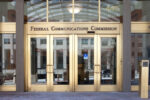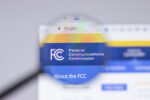FCC will Mandate New Requirements for 988 Suicide and Crisis Hotline
At its upcoming meeting on July 20, 2023, the FCC is expected to promulgate new responsibilities for providers to improve the reliability and resiliency of the 988 suicide and crisis hotline (988 Lifeline). These will include new reporting and notice requirements for service outages potentially affecting 988 special facilities. They are similar to the existing requirements for outages that potentially affect 911 special facilities.









